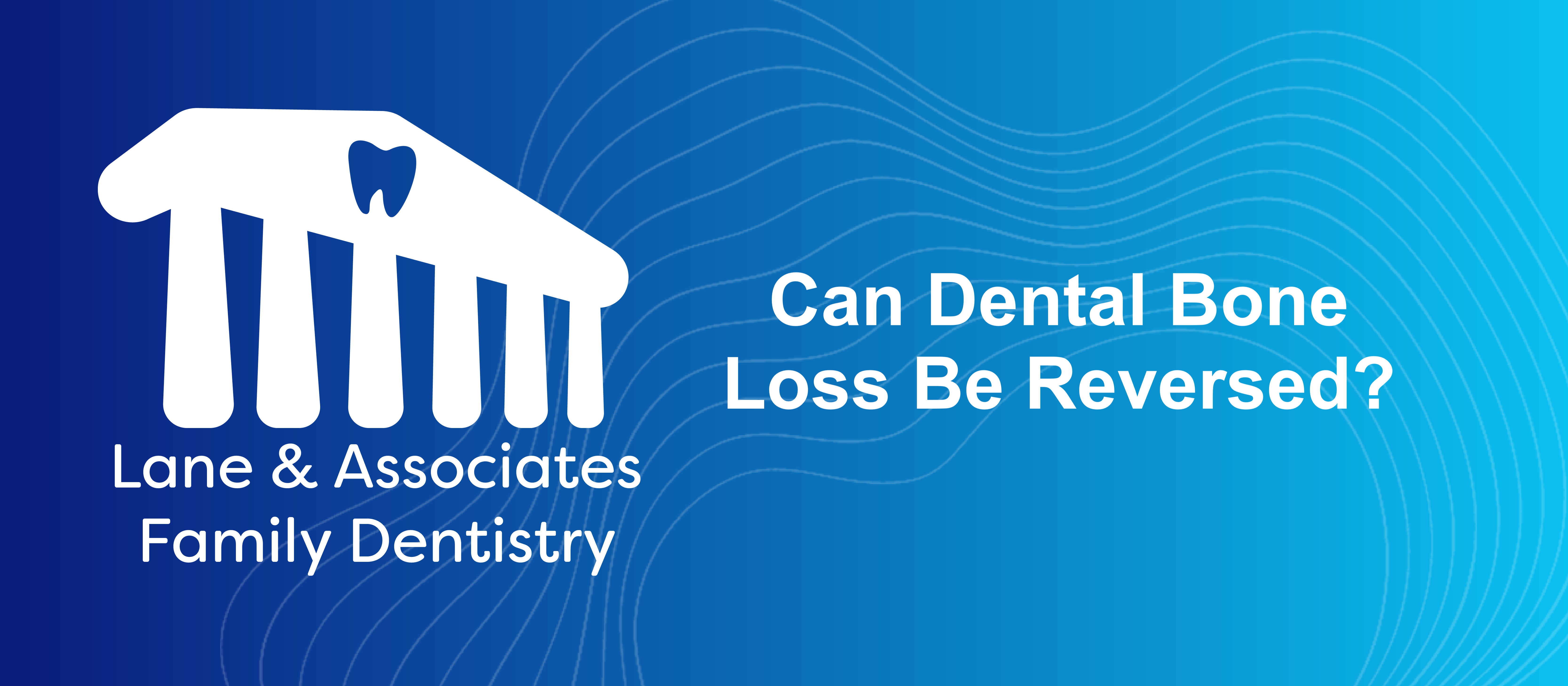Dental bone loss is a common problem that can lead to tooth loss. Bone loss around teeth can be caused by many factors, including gum disease, teeth grinding (bruxism), and poor dental hygiene. Once bone loss has begun, it can be difficult to reverse.
There are several treatment options available that can help stop or slow the progression of bone loss, however, it is very difficult to restore the bone that has already receded due to gum disease like periodontal disease.
What Causes Bone Loss Around Teeth?
Gum disease is one of the most common causes of dental bone loss. Gum disease is an infection of the gums that can cause them to pull away from the teeth, resulting in bone loss. Treatment for gum disease typically involves a deep cleaning of the teeth and gums, as well as antibiotics to clear the infection.
Teeth grinding (bruxism) is another common cause of dental bone loss. Bruxism is a condition in which people grind their teeth unconsciously, often during times of stress.
Poor dental hygiene is another factor that can contribute to dental bone loss. When teeth are not brushed and flossed properly, plaque and tartar can build up on the teeth. This can lead to gum disease, which can then result in bone loss.
What Are the Treatment Options for Dental Bone Loss?
Treatment options for dental bone loss depend on the underlying cause. If the bone loss is due to gum disease, treatment typically involves a deep cleaning of the teeth and gums, as well as antibiotics to clear the infection.
If the bone loss is due to bruxism, treatment typically involves wearing a mouth guard at night to prevent teeth grinding.
If the bone loss is due to poor dental hygiene, treatment typically involves improving dental hygiene habits, such as brushing twice a day, flossing daily, and using mouthwash.
In some cases, surgery may be necessary to treat dental bone loss. Surgery can be used to repair damaged gum tissue, as well as to rebuild some of the lost bone.
Can Dental Bone Loss Be Reversed?
It is possible to stop or slow the progression of dental bone loss, however, it is very difficult to restore the bone that has already been lost. The best way to stop bone loss from happening is to be proactive by being consistent with your oral hygiene. This means brushing your teeth twice a day, flossing daily, and using mouthwash. You should also see your dentist for regular checkups and cleanings to ensure that you are not developing gingivitis, which can be reversed, or other conditions that can lead to bone loss.
If you are already experiencing bone loss, you will need to visit a dentist to determine the best treatment for your teeth to prevent the issue from becoming any worse and developing into long term health problems.
Contact Lane and Associates Family Dentistry
If you are experiencing bone loss in your teeth and you are located in North Carolina, contact Lane and Associates immediately to have your teeth looked at. We have several offices located around the state of NC. Visit our office page to choose the location closest to you and schedule a visit today!


